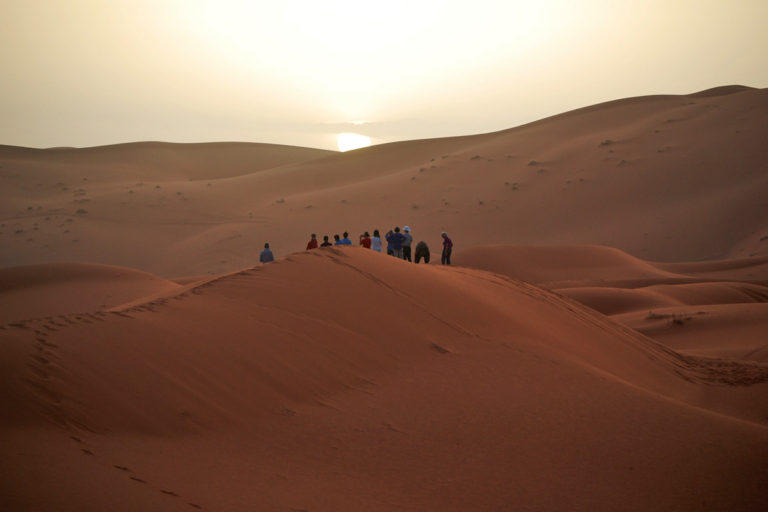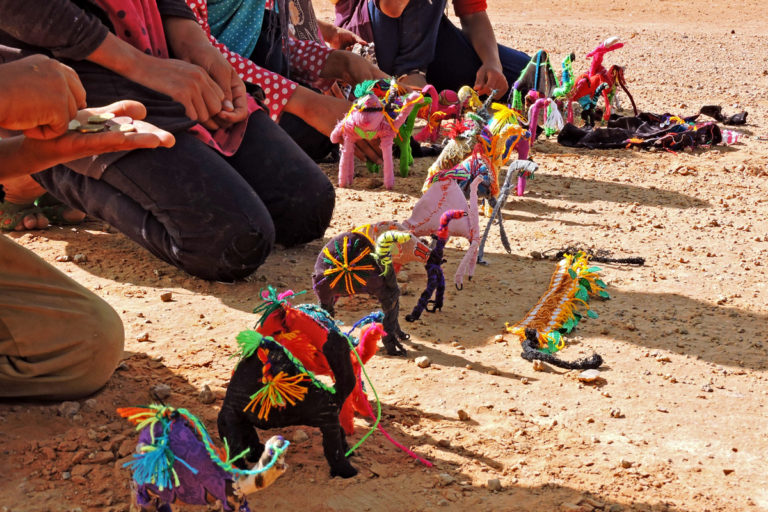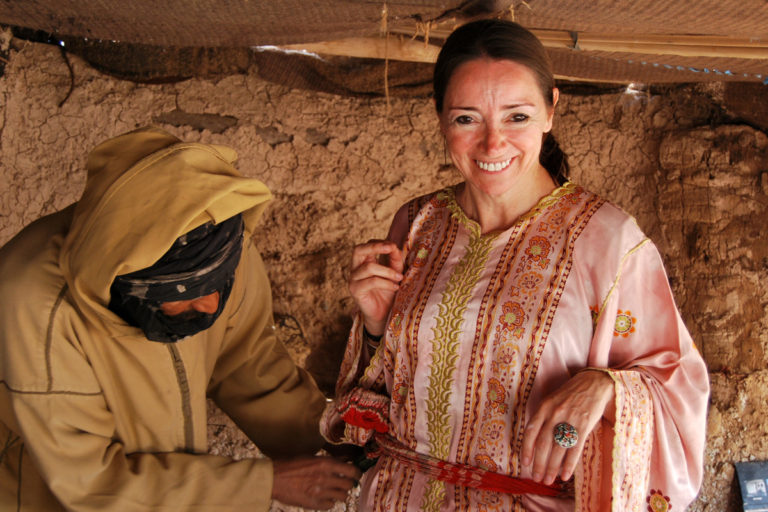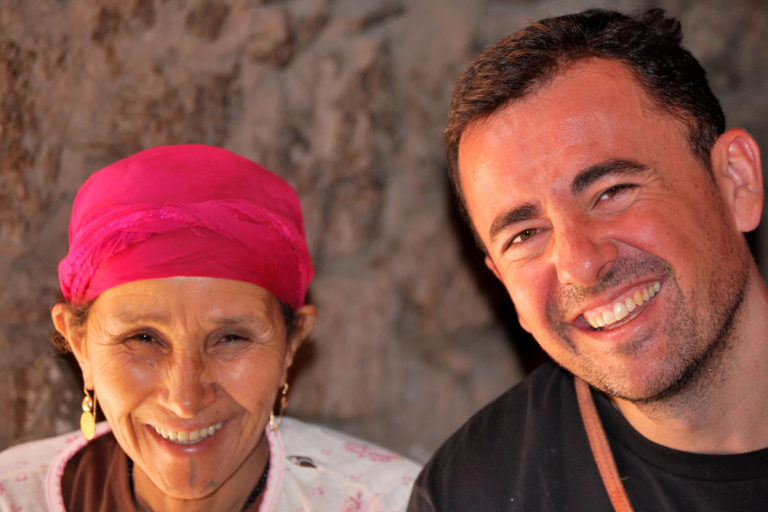ABOUT US
SAHA TOURS is a tourist agency formed by a team of Berber professionals from the South with an extensive experience in organising tours, stays and tours in Morocco.
Our priority is your safety and comfort during your stay, transmitting a close and personalised treatment, before and during your visit to Morocco, providing a genuine experience that allows you an authentic and real immersion in our country and in our culture, offering a quality service to guarantee you a total satisfaction after finishing your trip.
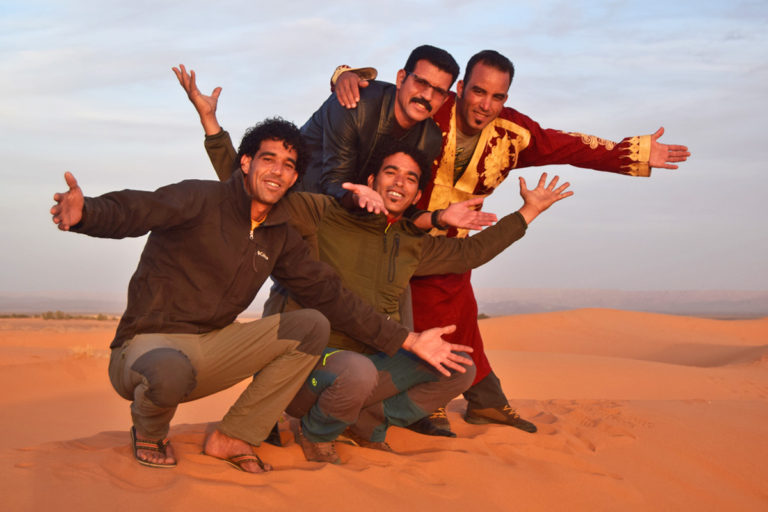
LOCAL AGENCY
As a local Moroccan local agency, we work to promote a model of Responsible and Sustainable Tourism, away from mass tourism that often does not take into account interests and priorities of each visitor and, above all, we want that our work may help the ones that most need in this region.
Our focus is to provide a tourism service that have a positive impact to the inhabitants of the most disadvantaged areas.
TRANSPORT
All our routes, circuits and excursions include transportation by a modern, comfortable and exclusive vehicle, fully equipped to offer the greatest comfort and safety on the road and driven by our expert local drivers.
We have a professional team of trusted drivers and local guides who speak your language.
Our expert local drivers (with tour operator license) have the best knowledge of our roads and of the safety rules and circulation in Morocco.
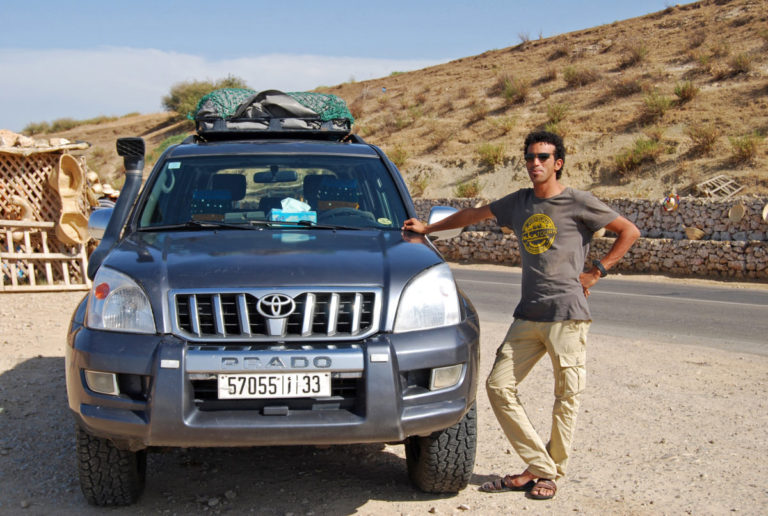
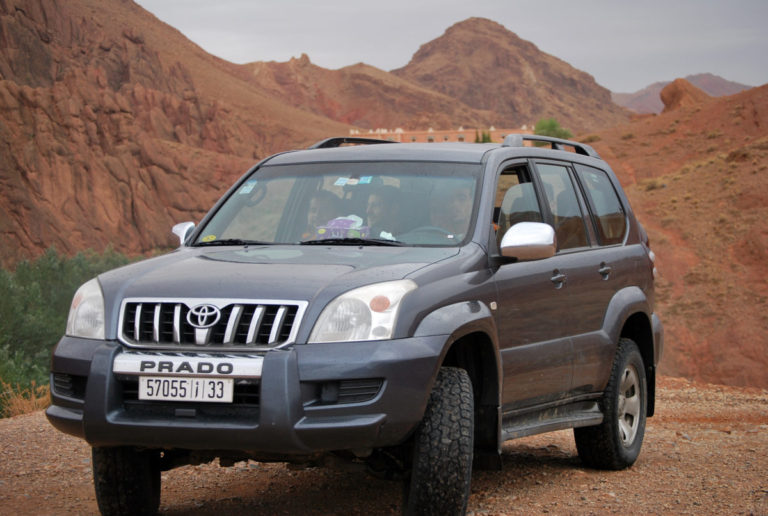
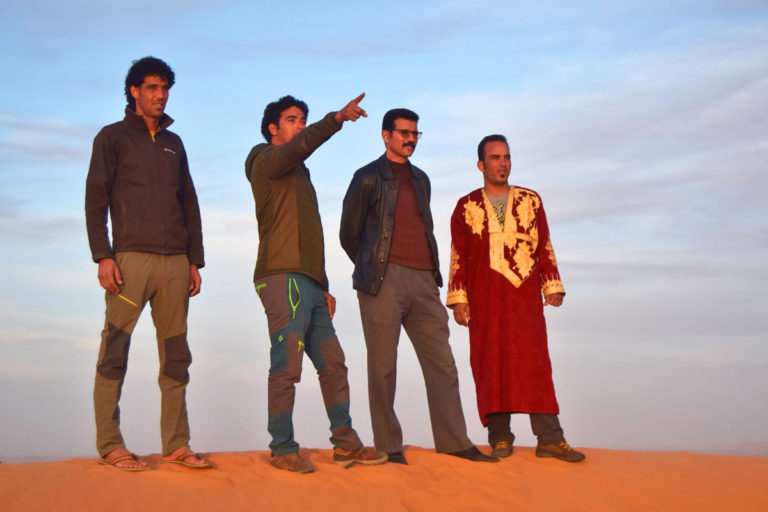
4×4 VEHICLE
- Modern and comfortable, fully equipped, with air conditioning and exclusive use vehicle, model 4 × 4 TOYOTA LAND CRUISER PRADO or TOYOTA LAND CRUISER PRADO TX or MITSUBISHI SPORT or similar.
- The most suitable vehicle to be driven on tracks and dunes and in places where a utility car has no access
- The maximum capacity of a 4 × 4 vehicle is 6 passengers plus driver
- Capacity for all the equipment, regardless of the number of suitcases, bags or backpacks
- It has a regulatory first aid kit
- Free Wifi on board
- Licensing and insurance under the rules to carry out the tourist activity
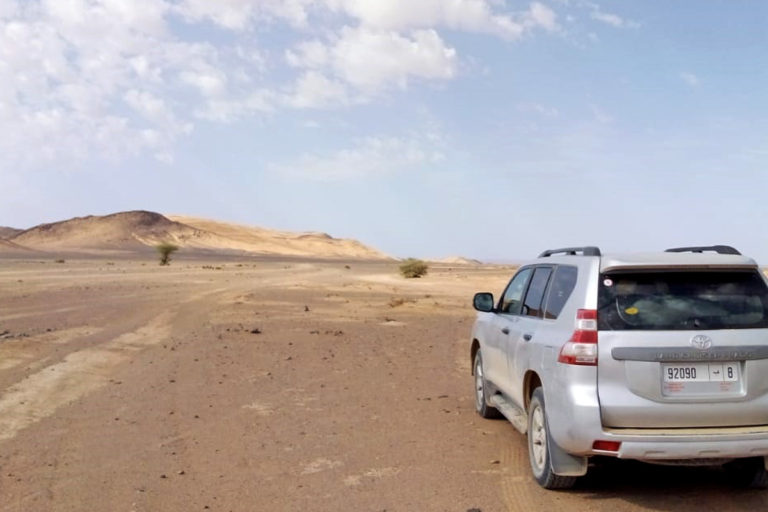
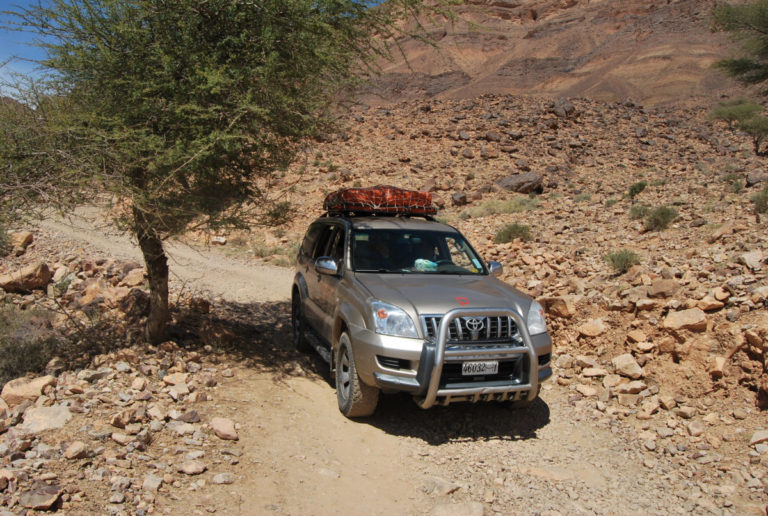
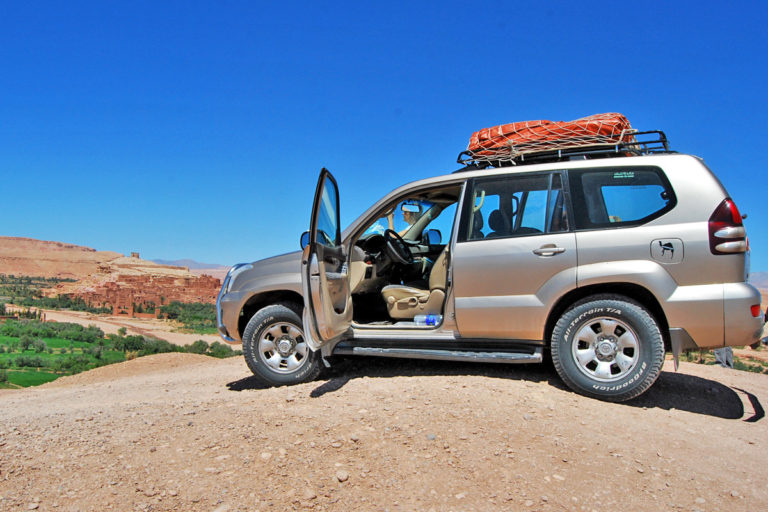
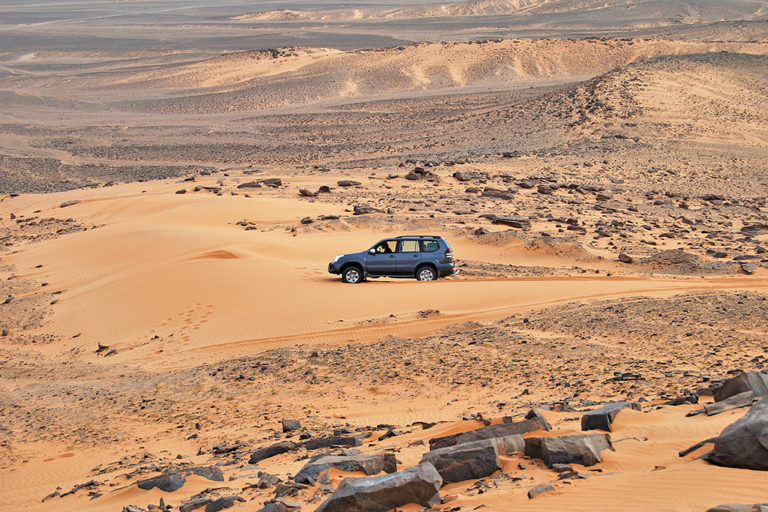
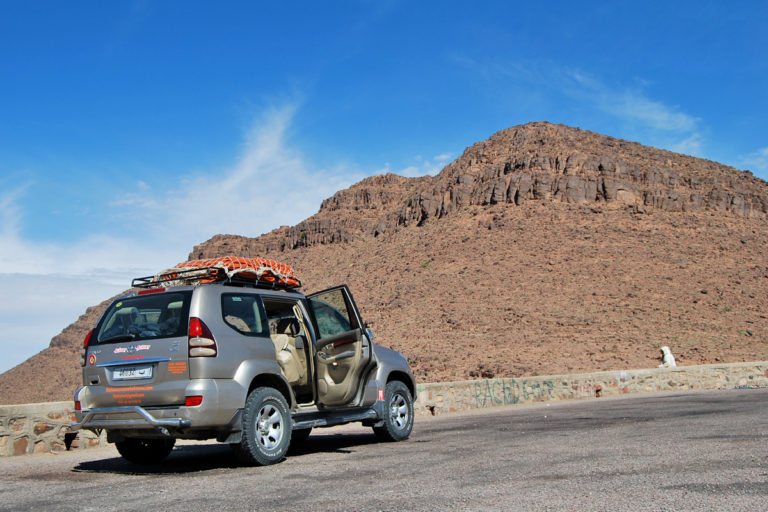
MINI VAN VEHICLE or MINI BUS
- All our routes and excursions for more than 7 participants are carried out in MINI VAN or MINI BUS transport, modern and comfortable, fully equipped, with air conditioning and exclusive use.
- Sometimes, depending on the type of itinerary, although the total number of participants is less than 7 participants, the type of transportation can also be a MINI VAN.
- The minivan has a maximum capacity of up to 8 passengers plus driver.
- The mini bus has a maximum capacity of up to 18 passengers plus driver.
- Capacity for all luggage, regardless of the number of suitcases, bags or backpacks.
- It has a regulatory first aid kit.
- Approved chairs for children (under request)
- Free Wi-Fi on board. • Fridge
- License and insurance in order to carry out the tourist activity.
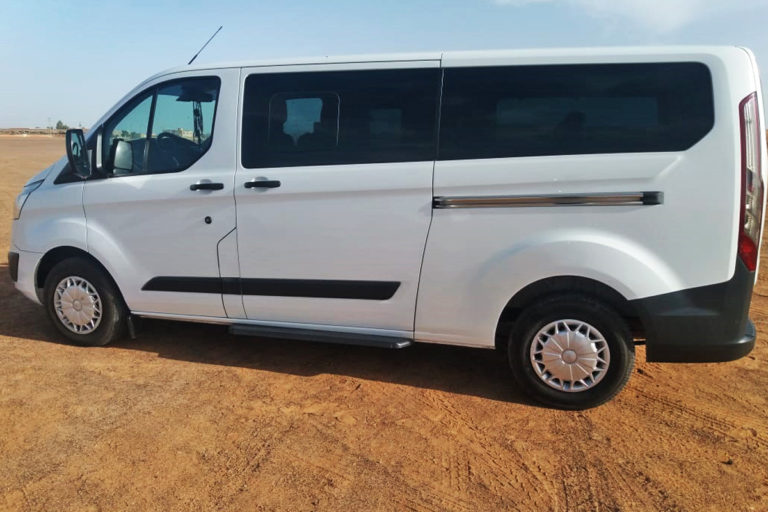
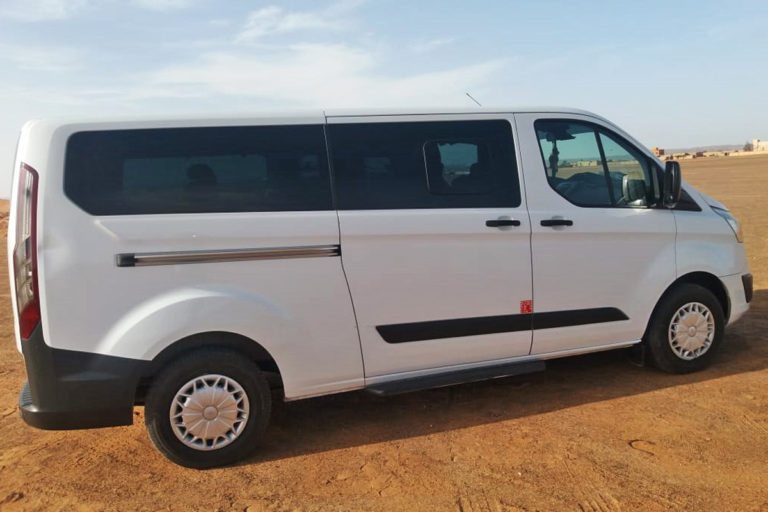
BUSES
- Modern and comfortable, fully equipped with air conditioning and for exclusive use.
- The maximum capacity of our buses is up to 50 passengers plus driver.
- This type of transport does not allow access to tracks or dunes, but for activities in places where access is not possible, we offer the option of renting a 4 × 4 vehicle or other type of adequate transport for the activity, such as a quad or buggy.
- Capacity for all luggage, regardless of the number of suitcases, bags or backpacks.
- It has a regulatory first aid kit.
- Approved chairs for children (under request)
- Free Wi-Fi on board.
- Fridge
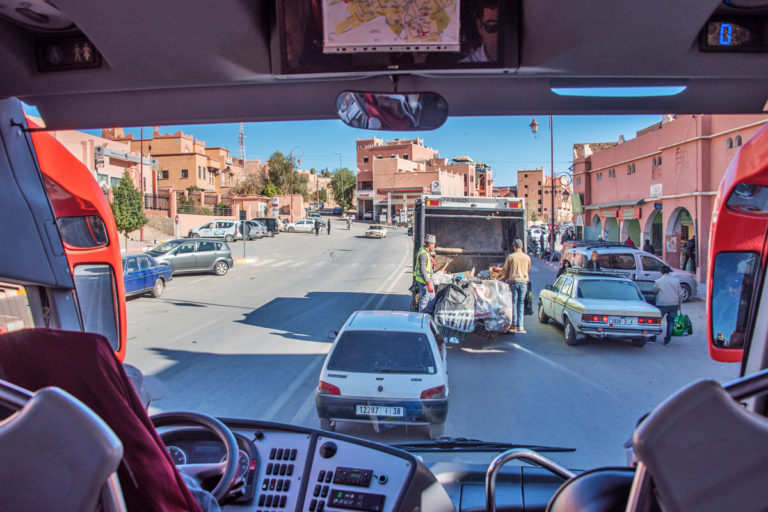
GUIDE AND / OR DIRVER GUIDE
- The Guide or Driver Guide is the person in charge of the team and responsible for your safety and comfort throughout your stay and the tour.
- The main goal of this person is providing you the support and comfort during your tour and is available for everything you may need.
- Directs and coordinates all the services included in the tour: hotels, transportation and local guides hired.
- This person has general knowledge of the country and culture. People with a deep knowledge of history, artistic, social and cultural elements or concrete data, are the local guides of each place.
- This person is who knows our roads the best.
- Is the person who determines the appropriate times to follow the program and visits planned in the tour.
- Is the person responsible for the proper development of the trip, ensuring that the program is fulfilled as planned.
LOCAL GUIDES
- The main function of the Local Guide is to accompany, show and explain during a guided tour the tourist resources of a city, region or specific area of the territory of the country.
- Local Guides are the people who have deep knowledge of their particular field of action.
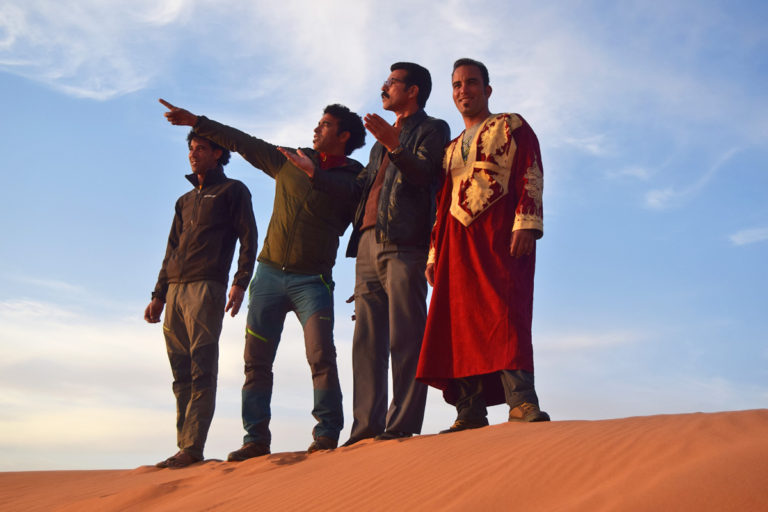
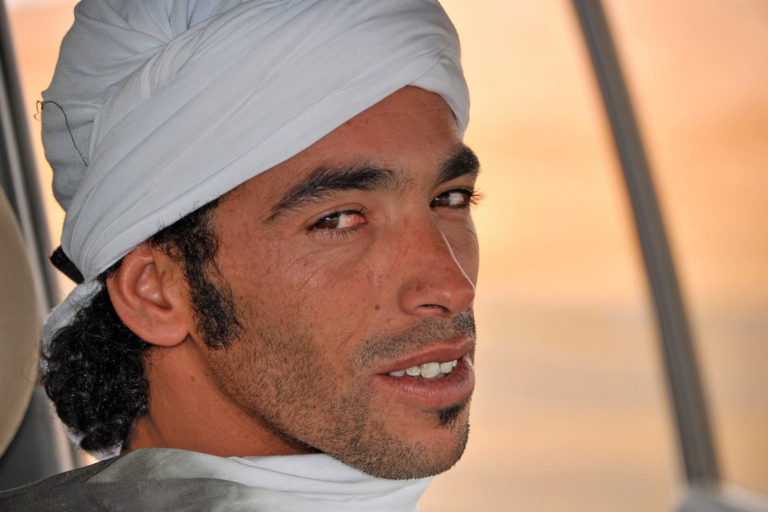
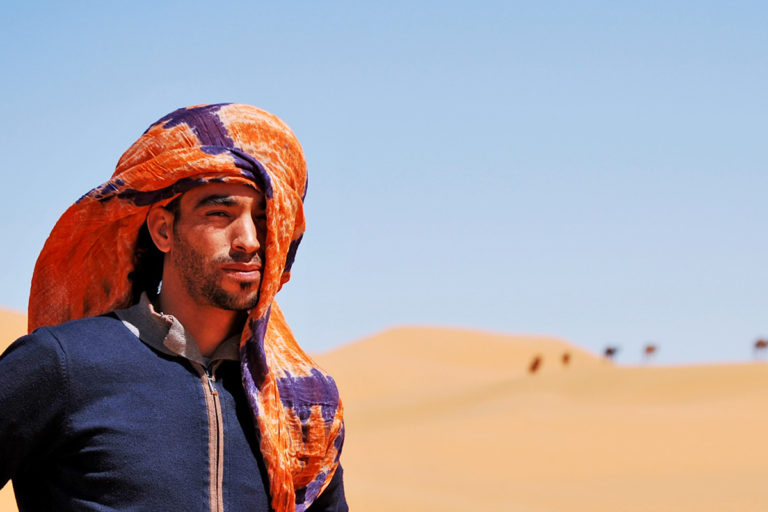
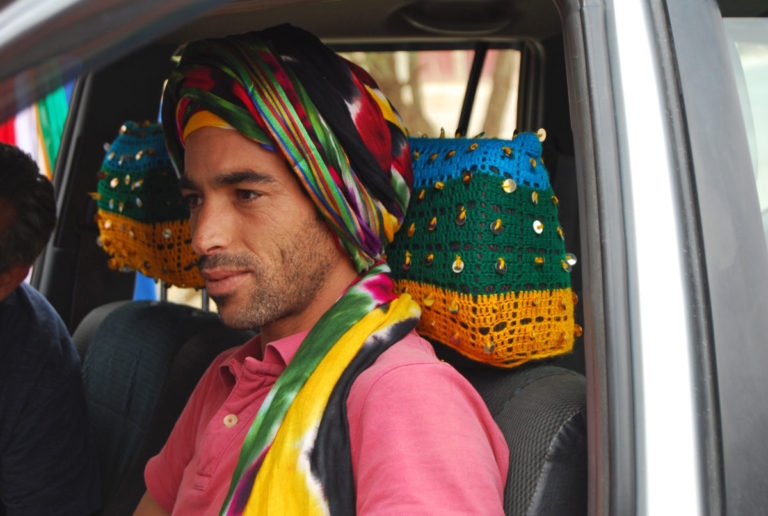
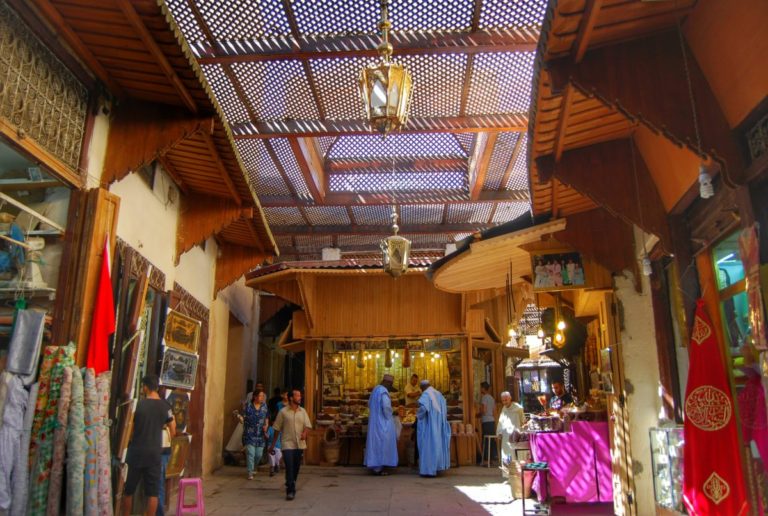
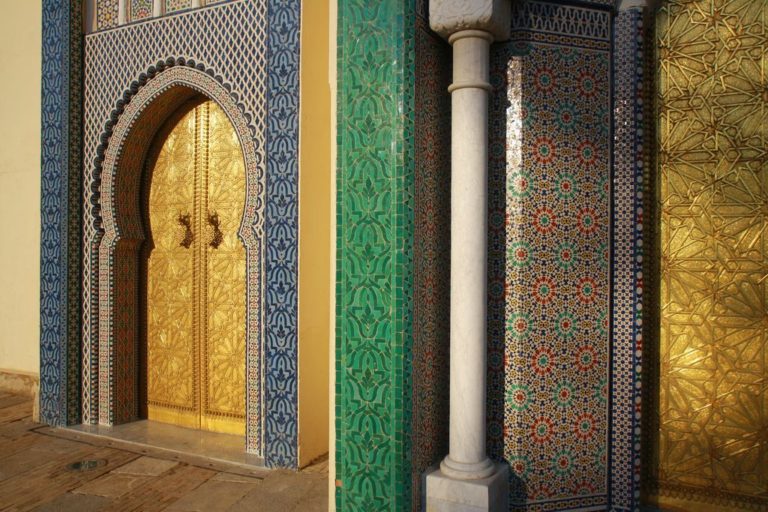
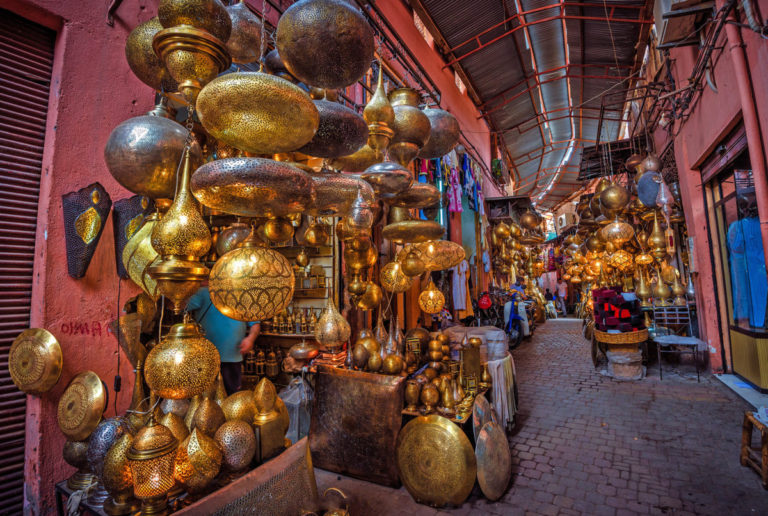
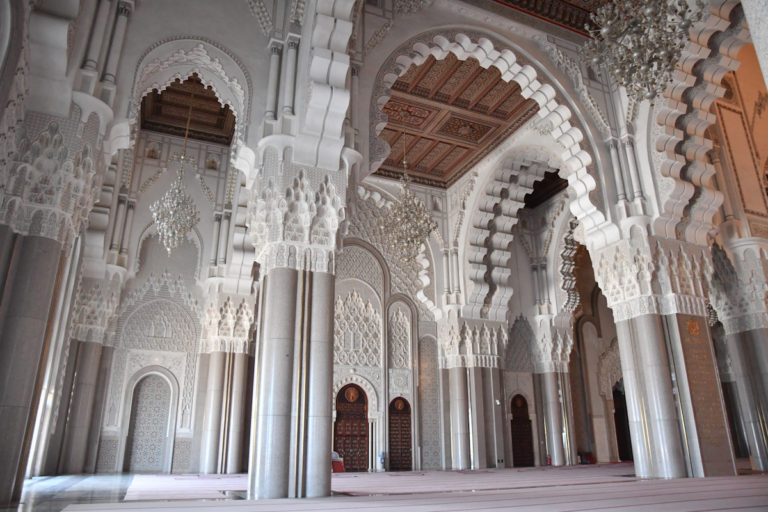
All our routes and circuits are adjusted to the total number of days available and the distance between each route to offer an adequate program, making the necessary and regulatory stops for rest and scheduled visits.
The priority in all our routes and circuits is always the safety on the road for this reason we do not like to set an exact time of arrival at the hotel since this could be a stress for the driver, and the time spent on each journey depends on several unpredictable factors, such as the time spent on visits, rest stops and the traffic on the road.
Our entire fleet of tourist transport has the corresponding mandatory insurance to circulate throughout the country, and our expert drivers have extensive experience in the driving on all our roads, both in conventional and tracks and dunes.
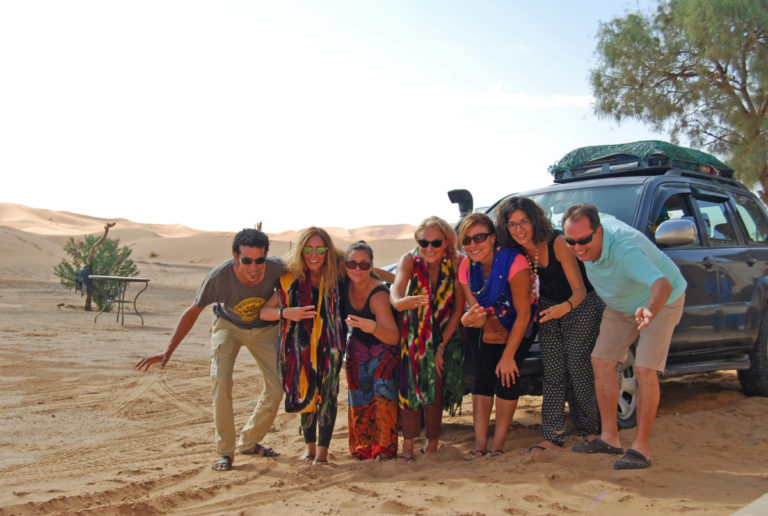
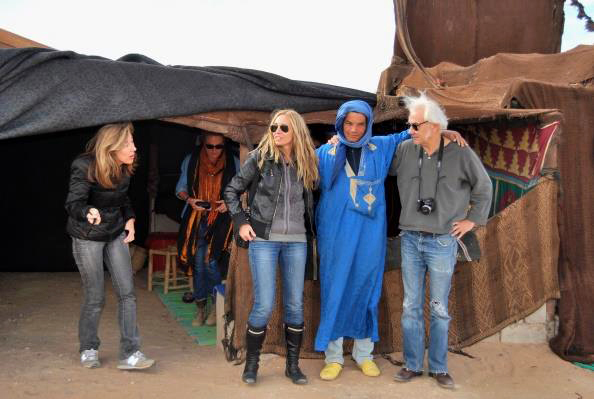
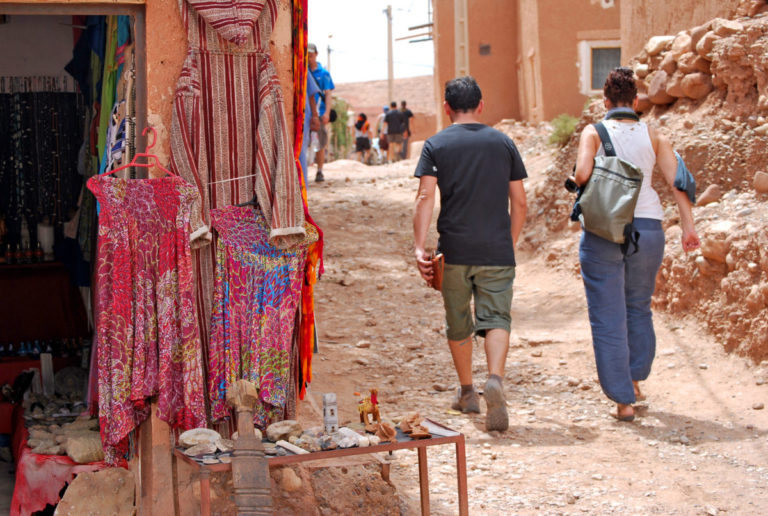
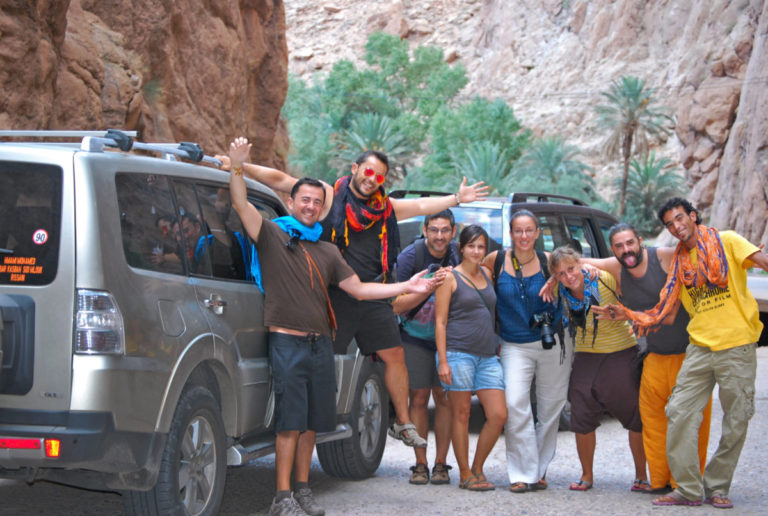
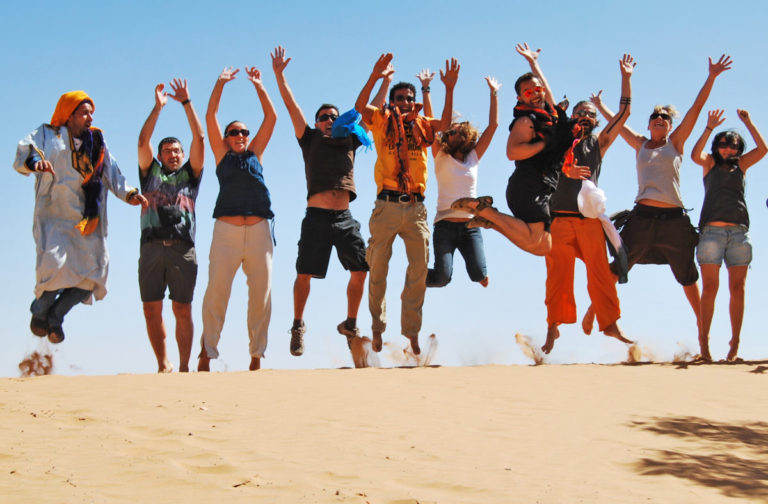
ACCOMMODATION
Our goal is to provide the most real and authentic experience, therefore we choose to include traditional accommodations in all our routes and circuits, although of course, always attending to the personal tastes and preferences of each visitor. We can also include other types of more conventional accommodations and standardised as are the hotels, classified according to the scale that from the Ministry of Tourism applies for the classification system of this type of tourist accommodation: 2 * 3 * 4 * and 5 *.
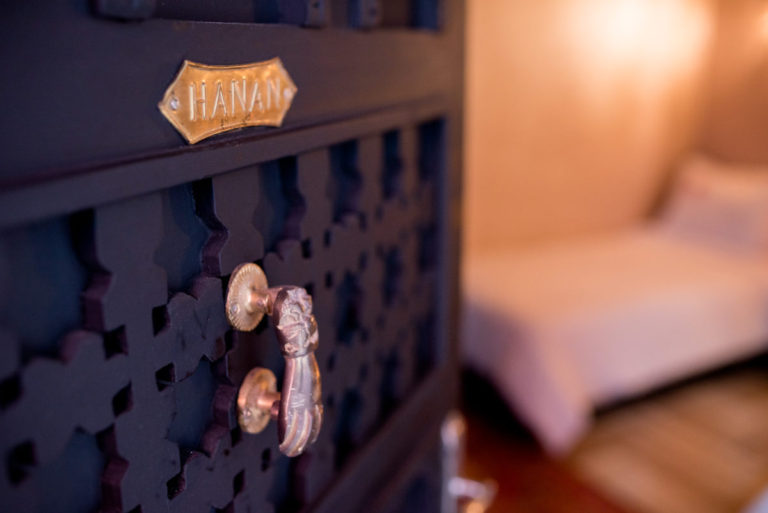
RIADS
Traditional accommodation in Morocco is called “Riad”
The word Riad in Arabic designates Eden, a garden, and by extension applies to a house whose rooms are distributed around an inner courtyard, in whose center a fountain surrounded by a geometric garden stands out, plenty of aromatic and ornamental plants, as well as, the orange and palm trees.
On the ground floor we find the common areas, dining room, some rooms, and in the upper parts the rooms. Many of them have a terrace above where you can also have breakfast and sunbathing, and even bathe if there is a pool. In these small restored palaces, and as usual in our culture, beauty is kept inside the door.
The riads in Morocco are true architectural treasures, being the most charming and personality accommodations, many of them are old centenary residences, converted into hotels and that retain the charm of traditional homes, keeping the family treatment. The riads are usually located within the medinas (old part) which provide walking distance to places with more tourist and cultural interest in each city.
You can choose to stay in a riad for all kinds of tastes and budgets, from the simplest and cheapest to the luxury or super luxury.
We offer different categories of traditional accommodation so you can assess the option that best suits your interest, preferences and budget.
Standard category (tourist) can be compared to what according to the international scale is classified as 2 * / 3 * accommodations
Superior standard category can be compared to what according to the international scale is classified as 4 * accommodations
Luxury category can be compared to what according to the international scale is classified as 5 * accommodations
Vip Luxury Category can be compared to what according to the international scale is classified as high-standing accommodation, and in Morocco many of them are called Villas, and they are large residential complexes or resorts usually away from the center and the bustle of large cities.
All the accommodation offered in all categories meets the necessary and adequate conditions to make your stay comfortable and enjoyable throughout the tour, with a guaranteed level of quality both in terms of services and human treatment, and has the total customer satisfaction.
We recommend formalising the reservation with sufficient time in advance and as soon as possible to be able to guarantee the planned accommodation offered in the chosen category, mainly for the reservations in riads, where the availability of free rooms is exhausted very quickly because of the reduced number of rooms.
WOOL OR BEREBER HAIMA
The traditional haimas or jaimas of the Berber deserts in Morocco are built with dromedary wool and are reinforced with natural materials such as cane and / or wood. This haima model blends with the natural environment respecting the landscape and geography of the area.
However, with the arrival of tourism and a demand for greater comfort, traditional haimas have been adapting to the new times, being mostly canvas, located at the bottom of the dunes.
This type of accommodation is included in the circuits and routes where the visit to the desert is part of the tour. The goal is to offer a totally different and fun stay where you can enjoy the freedom and vastness that the desert offers us.
We offer in all different categories places that have fully equipped haimas to guarantee your comfort and a unique and unforgettable desert experience.
The desert camps are located in a natural environment surrounded by dunes, sometimes difficult to access. The haimas, even being fully equipped for maximum comfort, the traveler must be aware that he is in a natural environment, where services and amenities cannot be compared to those of a city hotel.
The experience includes a round trip in dromedary or the option of transport in 4 × 4 vehicle, breakfast, dinner and a demonstration of traditional desert music, such as Berber drums.
RESPONSIBLE AND
The tourist activity in Morocco currently represents the largest source of income and the sector that generates more jobs. For this reason, at Sahatours we work aware of the need to promote transformation towards a model of Responsible and Sustainable Tourism, where the quality-price ratio is fair for all, especially, helping those most in need in the sector, avoiding generating benefits to large corporations or multinational companies.
We firmly believe in the criteria of a Responsible Tourism model and we are oriented to a quality service and commitment, so that our impact with tourism is the most positive for the inhabitants of the most disadvantaged areas, from visiting the nomads for tea, eating in Berber family homes and promoting local commerce.
Recommendations for responsible travellers with Responsible and Sustainable Tourism
- Remember that your trip is an opportunity to meet people from different cultures and ways of life. Tourism is a living force, at the service of peace and a factor of friendship and understanding among peoples. Open yourself to cultures and traditions that are not like yours. Be tolerant and respect diversity; Observe the traditions and social and cultural practices of the place.
- Respect human rights. Any form of exploitation violates the fundamental objectives of tourism. Child sexual exploitation is a punishable offence, both in the place where it is carried out and in the country of residence of the person who commits it.
- Help to conserve the natural environment. Protect the flora and fauna and their habitat. Do not acquire threatened or endangered species, protected by the International Trade Agreement for Endangered Species of Wild Fauna and Flora (CITES), or products derived from these species. It is a crime and contributes to its extinction.
- Your trip can contribute to economic and social development. Buy local crafts and products to support the economy of the place. When haggling, keep in mind the concept of fair trade. Respect for their work will favor the economy of the people who welcome you.
- Use natural resources with respect and moderation. Remember that they are world scarce goods. Try to minimize the generation of waste, they are a source of pollution. In a natural space, try that the only footprint you leave behind is that of your footwear.
- Respect and preserve the natural spaces, the cultural, artistic and archaeological heritage of the place you visit.
- Enjoy knowing the culture, customs, gastronomy and traditions of local populations. Respect them and approach them, they have much to tell you.
- Do not traffic with antiques, protected species, or products or substances dangerous or prohibited by national regulations.
- Collaborate in raising awareness and changing attitudes in our environmental behaviour. Practice with the example. Preserving our planet is everyone’s responsibility, regardless of our origin or residence.
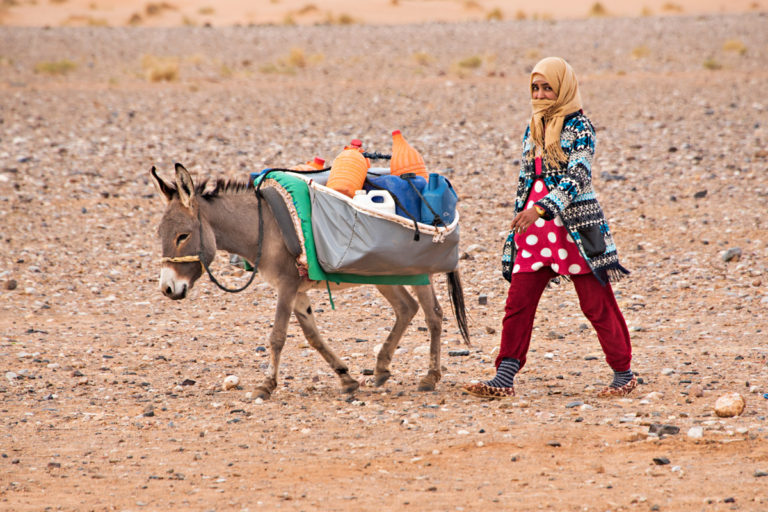
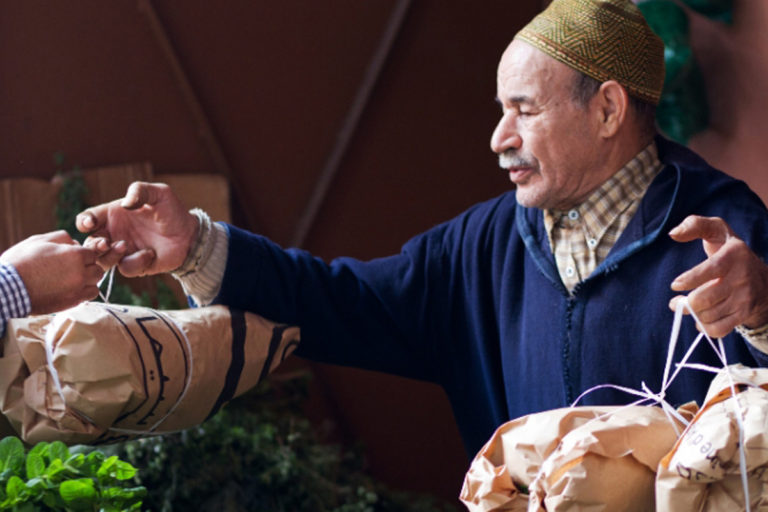
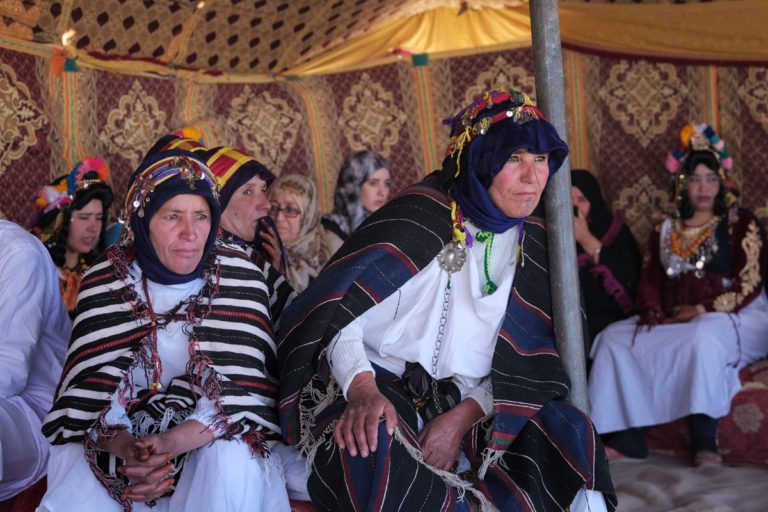
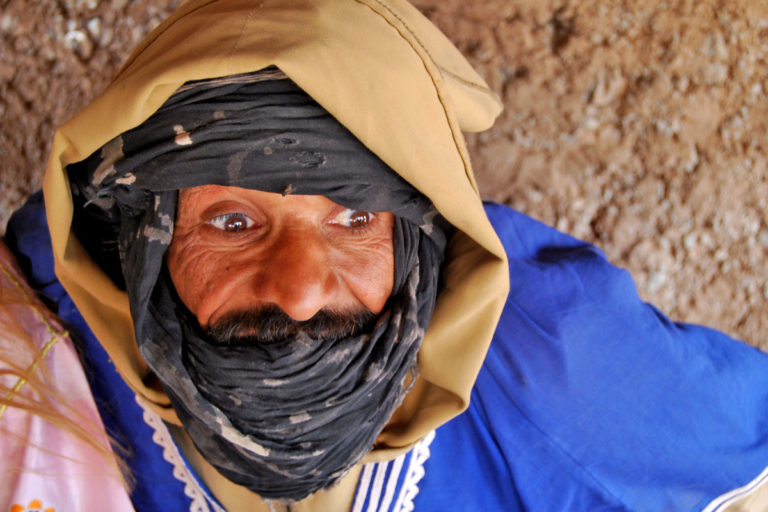
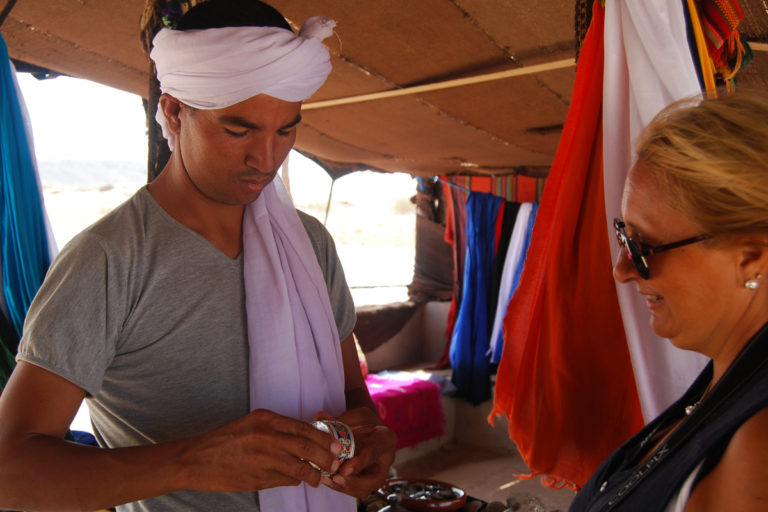
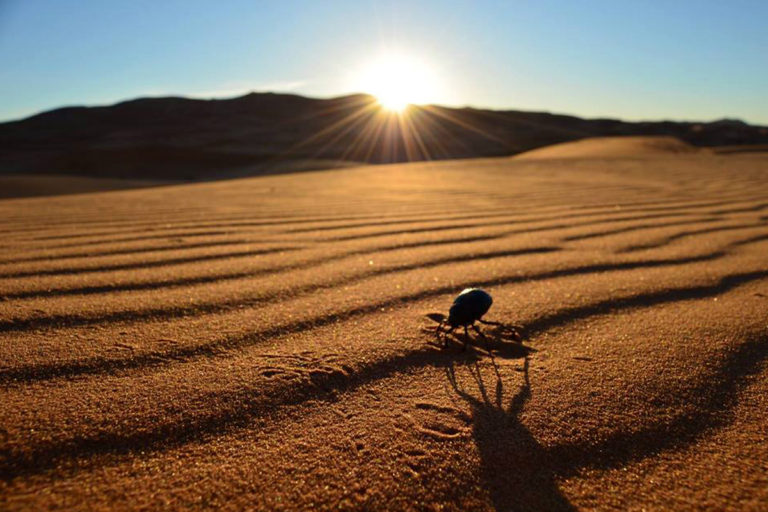
TRAVELER'S
- Predisposition to the experience you are going to live, try not to generate expectations.
- Choose the right outfit based on the culture and religion of the country.
- Respect the uses and customs of the area.
- Your logic is not necessarily the same as the people from the place you are visiting, try to be empathetic.
- Distinguish risk situations and always consult your guide.
- Do not convert and confuse hospitality attitudes into subservience. Collaborate on everything you can.
- The word given has firm value and must be respected.
- Avoid shocking and/or hurtful behaviours in different areas, at the time of photograph people, places or buildings.
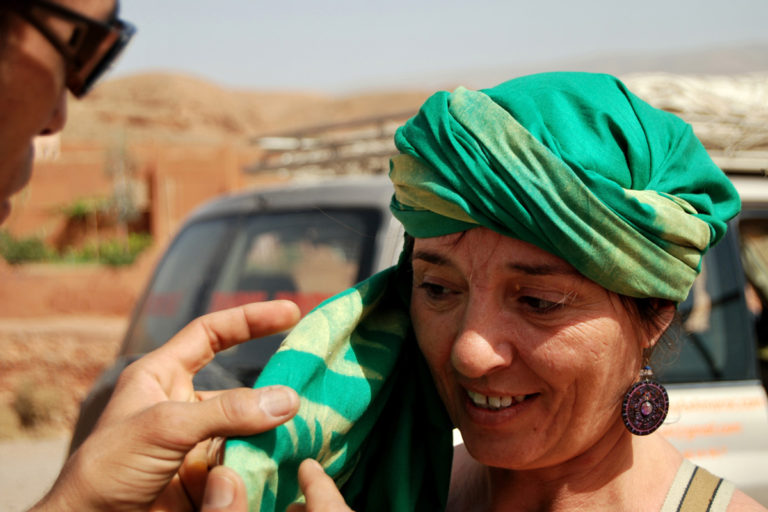
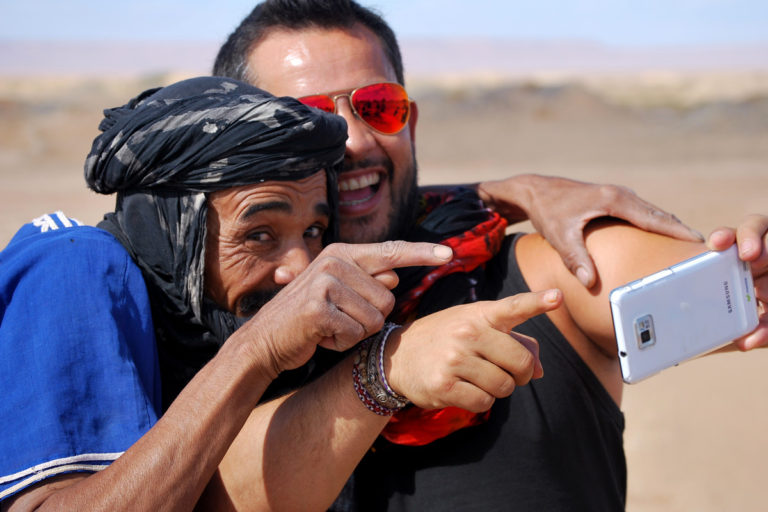
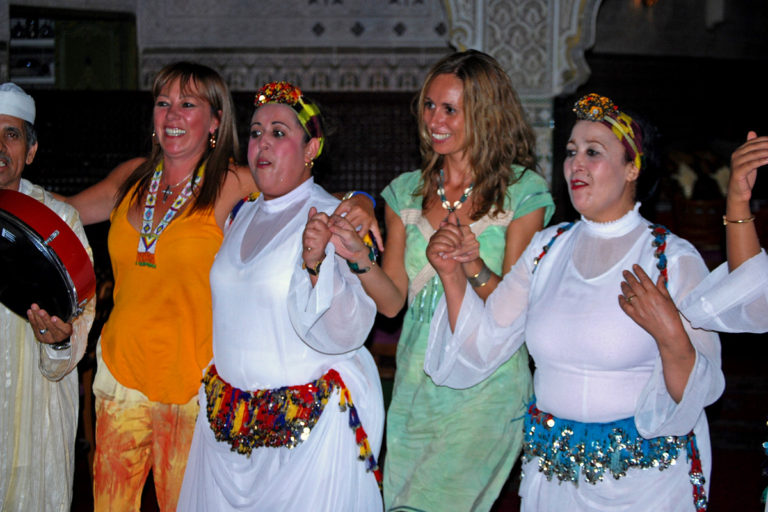
ETHICAL CODE
Your visit is very important for our families as it brings economy, work, knowledge of new cultures and helps to develop our community.
- Thank you for respecting our surroundings.
- If you travel in 4X4 or Quads to the desert, respect our dunes and palm groves, taking into account our fauna and flora in addition to the possible noise you can generate. They are inhabited by nomads.
- Thank you for knowing our culture, valuing and respecting it.
- Thank you for buying our traditional products as it provides economic income to our families.
- If you bring school supplies, clothing, or medicines, leave it in associations and dispensaries to make a fair distribution among the community.
- Reduces the consumption of water for personal use.
- Do not leave garbage in public places. We do not have good waste management.
- Drive at moderate speed through the villages and over the water channels.
- Avoid giving alms and candy to children, you help a child finish his school year.
